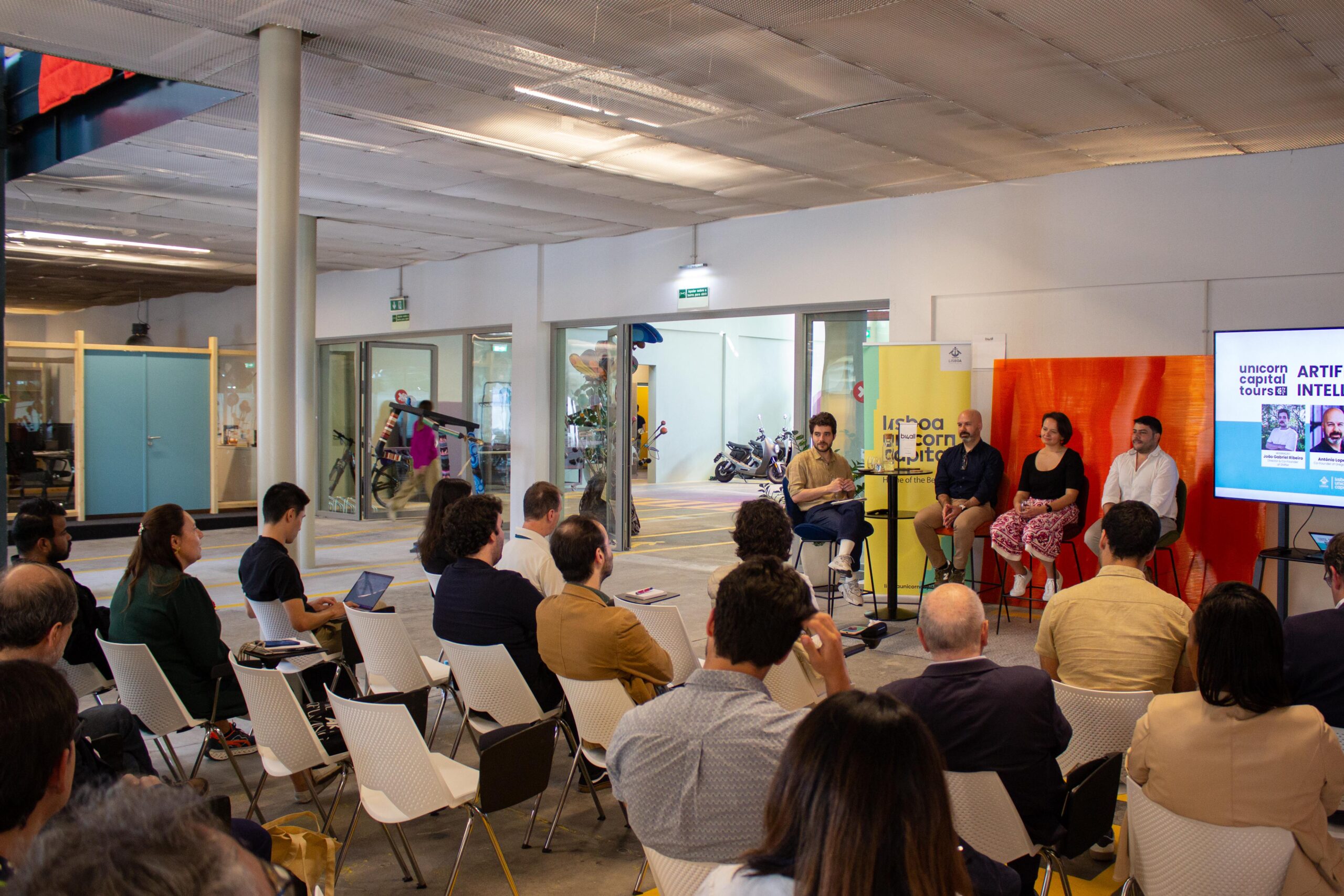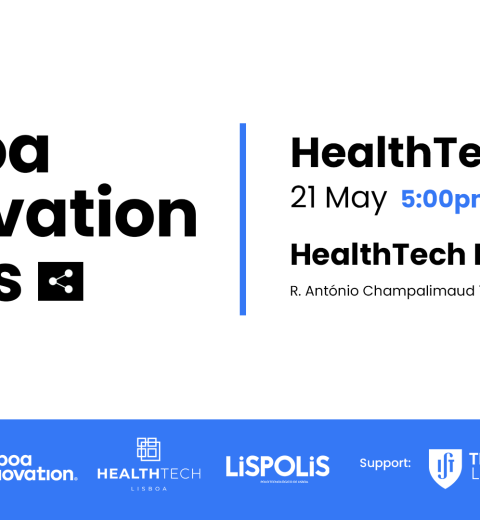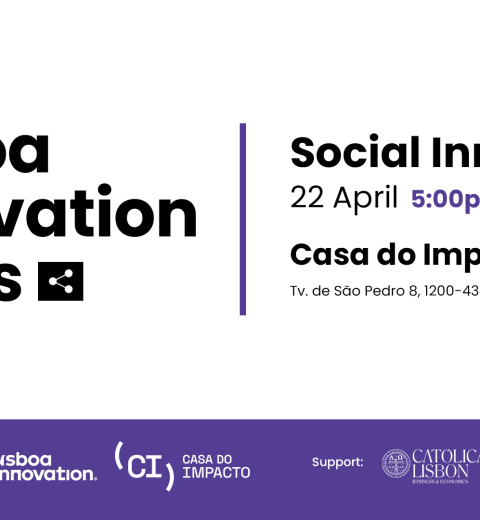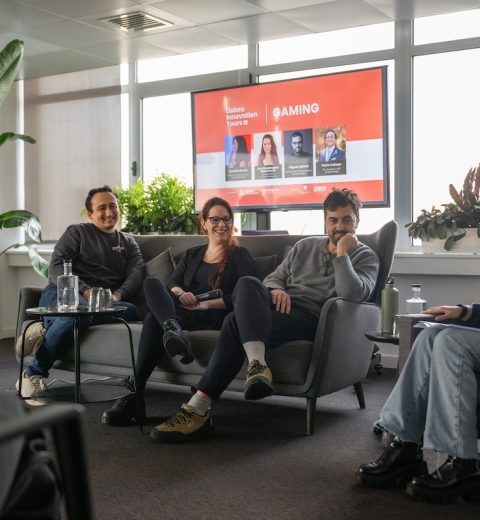Artificial Intelligence (AI), like Big Brother, is everywhere and has long been part of our daily lives. The era when computers were simple machines capable of performing only basic operations is long gone. Today, they can learn our preferences, identify trends, and process information in real-time to make decisions and automate, mimicking the human cognitive process.
Besides ChatGPT, deepfakes, and the unfinished Beatles song completed more than 40 years after John Lennon’s death, AI is a tool that can prove very useful in other fields. Through data processing, it identifies trends, can even anticipate scenarios, and perform analytics. Artificial Intelligence is so versatile that it even handles human behavioral data, acting like a psychologist on duty.
According to André Santana from BI4all, host of the April Lisboa Unicorn Capital tour, “Artificial Intelligence, through algorithms, extracts trends and finds patterns. For example, it is very good at tracking customer behavior in a supermarket line, which is excellent for managing checkout flow.”
He adds, “It is also particularly useful in warehouse stock management; based on criteria such as product demand or price, AI allows for more certain future planning.”
António Lopes from Gregory MS, Jenny Romano from Newsroom, and Filinto Osório from Unicorn Factory Lisboa were the guests of the Unicorn Capital Tours with the mission to reflect on the pros and cons of this tool. They analyzed it from different perspectives, responding to the challenges and questions posed by Shifter journalist João Ribeiro, who was tasked with moderating the debate.
“AI is very useful when we seek an answer that is neither ‘right’ nor ‘wrong’. The problem lies upstream. If the research starts from a certain assumption, a preconception about that subject already exists, and the way we conduct research, for example, is influenced. It may not be unbiased,” emphasizes António Lopes.
The scientific rigor associated with the Health sector – to which António Lopes is connected – leads him to consider that extra caution should be adopted when dealing with AI. “We should gather information from various sources, summarize it, and channel it to those studying specific diseases.”
This is not very different, in fact, from what is done in the information/communication field. Jenny Romano and her journalistic fact-checking startup seek the maximum number of sources, cross-check information, find patterns, and present their “product” to clients, most of them in the editorial sector. But “not everything is 100 percent.” “AI is not impartial or unbiased. So, what we do at Newsroom is try to be as transparent as possible,” she emphasizes. The “danger” of misinformation is always around the corner because “data collection is still a very ‘human’ job,” which can distort readings and research, and then there are deviations from the norm…
People’s attitudes towards AI vary. Some reject it outright, others want to use it to the recommended limit, and there are those in between. “In my opinion, humans should always be involved in the news process,” says Jenny Romano.
In the entrepreneurial world, pragmatism prevails. Time is money, so it is not surprising that it is particularly open to AI. “Startups are very focused projects. If with AI we can handle accounting more efficiently than with traditional solutions, then that’s the way to go. But even so, I wouldn’t eliminate humans from the process,” concludes Filinto Osório cautiously, emphasizing that there is still much to learn and study about AI. After all, machines still need humans.






